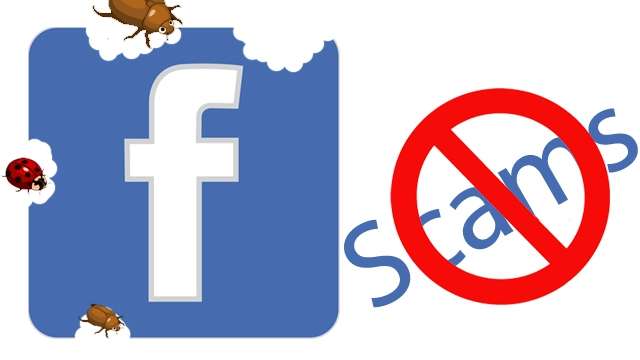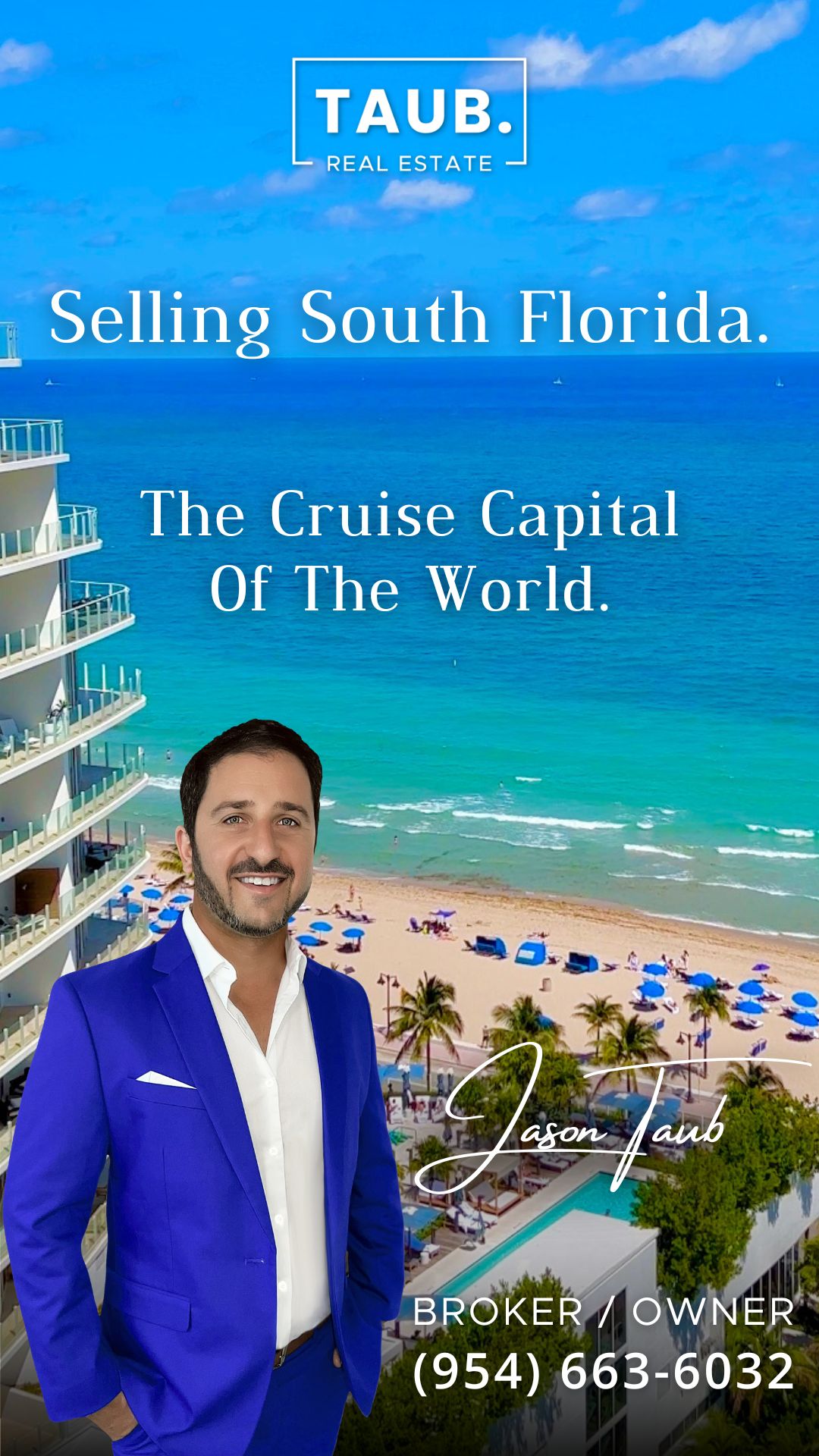
Fake ads and phishing scams have been lurking around the Internet for years, and most of us have learned how to ignore them. Lately, however, supposed business pages masquerading as authentic travel providers, promising free trips, tickets, or give-away contests have inundated Facebook. Seeing my friends innocently sharing and re-posting these phony promotions has prompted me to point out a few ways to tell the difference between a real page and a rip-off. First, if it sounds too good to be true, it probably is.
Recently, fake ads for anything Disney seem to be the most prevalent on Facebook. Just yesterday, a friend shared a page pretending to be Disney Cruise Line announcing a free cruise contest. All the reader had to do was "click this link", enter personal info, and good luck. The imposter then instructs the person to “Like” and “Share” this bogus promotion. Don't fall for it, my friends.
How can you tell that the page advertising the free cruise is not real? It’s really not that difficult. All it takes is a careful eye and a little detective work.
Look at the title of the page. Is the business name misspelled? Is there added punctuation that doesn't belong?
Is the ad poorly written? Does it appear to have been written by a third grader, someone who speaks little English, or someone with poor spelling and grammar skills?
How many "likes" does the page have? 500? 5,000? The authentic Disney page has millions of fans.
Does the page have a lengthy history? Or was it created last week - or even yesterday? The page I opened yesterday had been created just the day before with just one post advertising the fake giveaway, followed by comments from unsuspecting folks hoping they would be the lucky winner. The imposter had gathered thousands of likes over a short period of time and its fake cruise ticket contest had been shared countless times, spreading like wildfire.
If the ad is promoting a contest, are there rules and regulations posted? If not, it's indeed a fake.
These people don't want to bless you with a free vacation. All they want is your personal info so they can hack into your email, your Facebook account and even your credit cards. Then they want you to share it with your friends, who will then share it with their friends. That way they have a nice pool of potential victims.
Don't help them. When you see one of these enticing Facebook posts, resist the temptation to click. Don't "Like" it, don't comment on it, and don't share it. Simply ignore it or report it. Above all, never ever click on a link inside the post or give out any personal information.
By Janice Neves, CruiseCrazies Contributor
For more cruise news & articles go to http://www.cruisecrazies.com/index.html
Photo credit: doremisoft.net












Recommended Comments
Join the conversation
You can post now and register later. If you have an account, sign in now to post with your account.